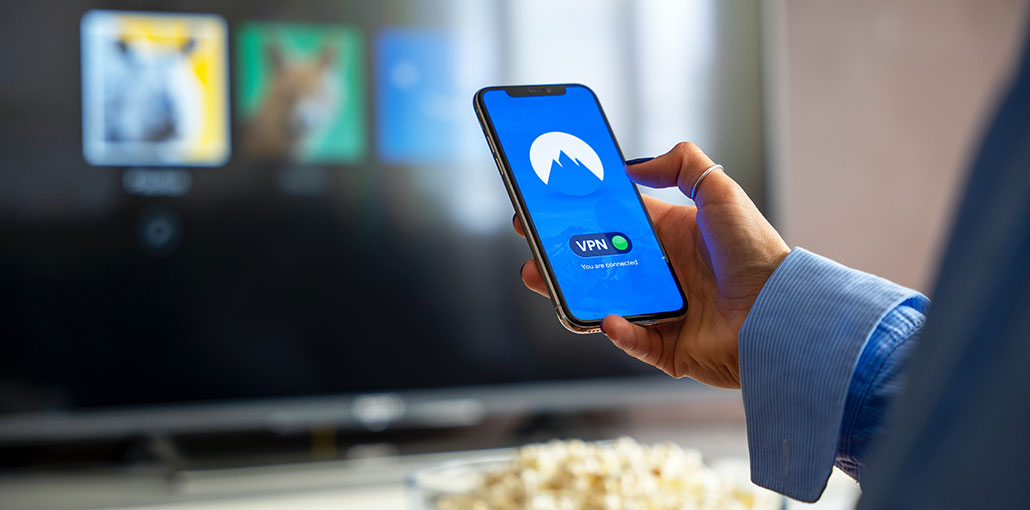What is a VPN?
VPN stands for Virtual Private Network, and it’s something that allows secure browsing whenever you’re connected to the internet. Although most people don’t have one— and may not even need one— VPNs are something useful to have. VPNs were originally created for businesses to connect with each other over the internet in a secure way since businesses are usually the main targets for hacking into sensitive information.
Now they are used by individuals for a variety of reasons, and whether or not you need a VPN depends on what your internet browsing looks like. Here are some quick facts about VPNs and the advantages and disadvantages of using one.
Also read: 7 Reasons Why Everyone Should Use A VPN
When to Use a VPN
The simple answer to this question is that you should always use a VPN every time you use your computer, laptop, tablet, or smartphone to browse the internet— but why? And why is it okay to not use a VPN? Here are some certain circumstances in which you would want to use a VPN.
Data Encryption
When people say “the internet is always watching you”, they aren’t necessarily exaggerating. Your ISP (internet service provider) can actually keep track of your online browsing history, even if you use a browser incognito. Because they’re allowed to see this, they can also slow down your internet connection and even sell your browsing history. Having a VPN can encrypt your internet data, hiding your browsing activity and history from your service provider.
Geographic Restrictions
Also known as geo-blocking, some websites and shows on streaming platforms are restricted based on where you’re located— which is identified as an IP address. Using a VPN shields your IP address, meaning that the server that you’re trying to connect to doesn’t recognize your server as coming from a different country. This is most often used to access certain TV shows and movies that are available in some countries, but not others.
Public Wi-fi
A great thing about advancements in technology is that it has allowed us to do more than we’ve ever been able to do in human history. For example, there was a time when we had to physically connect to the internet and we had to remain in that one spot to use it.
Now, we can access the internet through numerous devices, and with places offering free Wi-fi, connecting online is just a few taps away. However, public Wi-fi isn’t as safe as your private home Wi-fi, and you’re more susceptible to online hackers when using public Wi-fi. If you’re a person that uses public Wi-fi often, having a VPN will keep you protected.
Pros and Cons of Using a VPN
The Good
The most obvious benefit of using a VPN is that it protects your online privacy and secures your data, but there are many more advantages to using a VPN. For instance, if you’re traveling to a foreign country not only would you need a VPN to access media from your home country, but there could also be consequences for simply trying to access certain websites, even if they’re legal where you’re from. Having a VPN will save you from legal action being taken against you while you’re traveling abroad.
A VPN can also prevent bandwidth throttling and enhance your online gaming experience. You can also install a VPN on your Amazon Fire Stick, so you can access foreign shows right on your TV, instead of watching Netflix or Hulu from your computer browser.
The Bad
While getting a VPN seems like it can’t have any downsides, there are a few. For one, it’s possible that you’ll experience a slower internet connection due to the fact that your internet activity has to be routed through an additional server. Fortunately, this can be avoided by choosing a premium VPN service. With that being said, there are also several VPNs out there that aren’t secure (usually advertised as free), and that may actually sell your data rather than protect it.
Keep in mind that a VPN won’t shield your identity when you willingly share personal or private information on social media, Google, or other sites and apps that collect data. You must still be wise about your online activity, as a VPN can’t protect you from everything.
Also read: Who is Better For Security: VPNs vs. Firewalls vs. Antivirus
How to Get a VPN
There are various sites that offer VPNs (such as NordVPN or ExpressVPN) for different reasons. Some people are able to get a VPN through their job, while others know how to create a VPN server. Although VPNs are not illegal, it’s still important that you use them responsibly.
What’s considered to be illegal activity may vary from country to country, but in the United States, you should not use a VPN to buy and sell on the dark web, for cyberbullying or stalking, to hack someone, or to pirate copyrighted content.
So Should You Get a VPN?
If you’re concerned about your privacy and have no plans to engage in illegal activity, then you should definitely get a VPN. Just remember that data you willingly give or allow to be tracked won’t be protected by a VPN, and you should never choose a VPN advertised as “free”.
You’ll want to choose a trusted VPN provider that will protect your data and privacy and will also keep your internet connection running smoothly. It’ll cost more than free, but it’s worth the protection.










Leave a comment